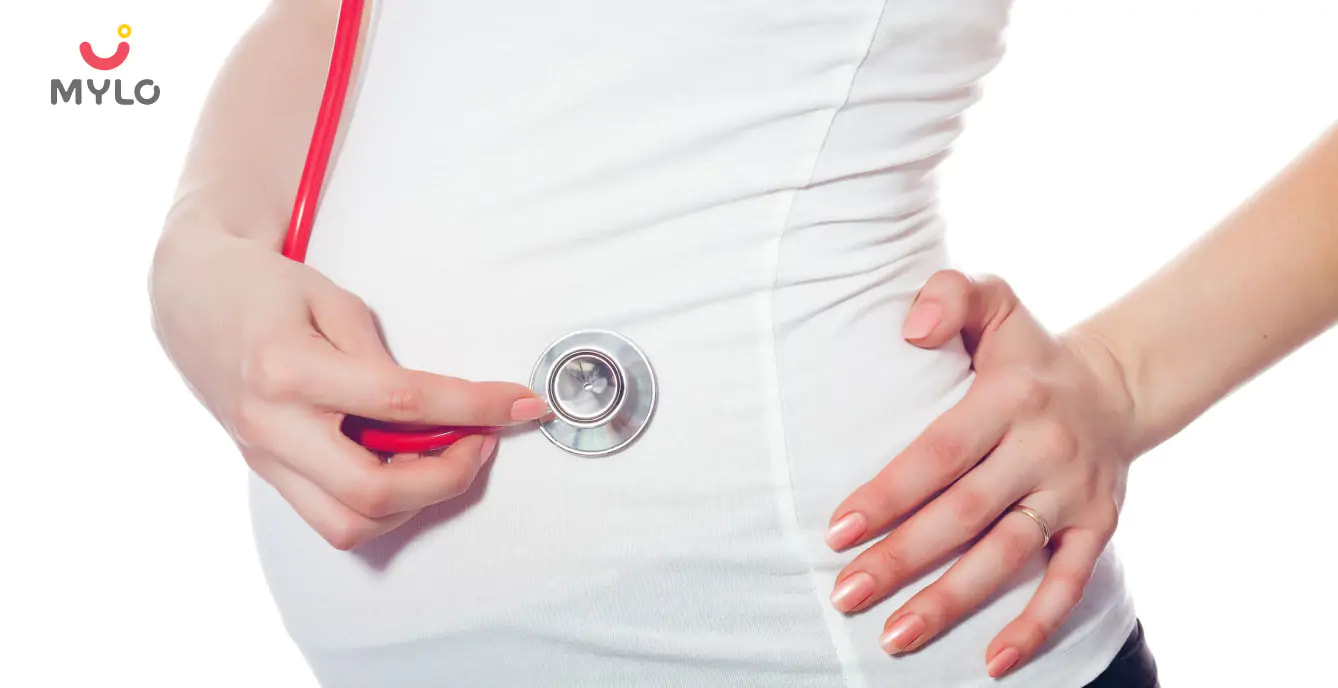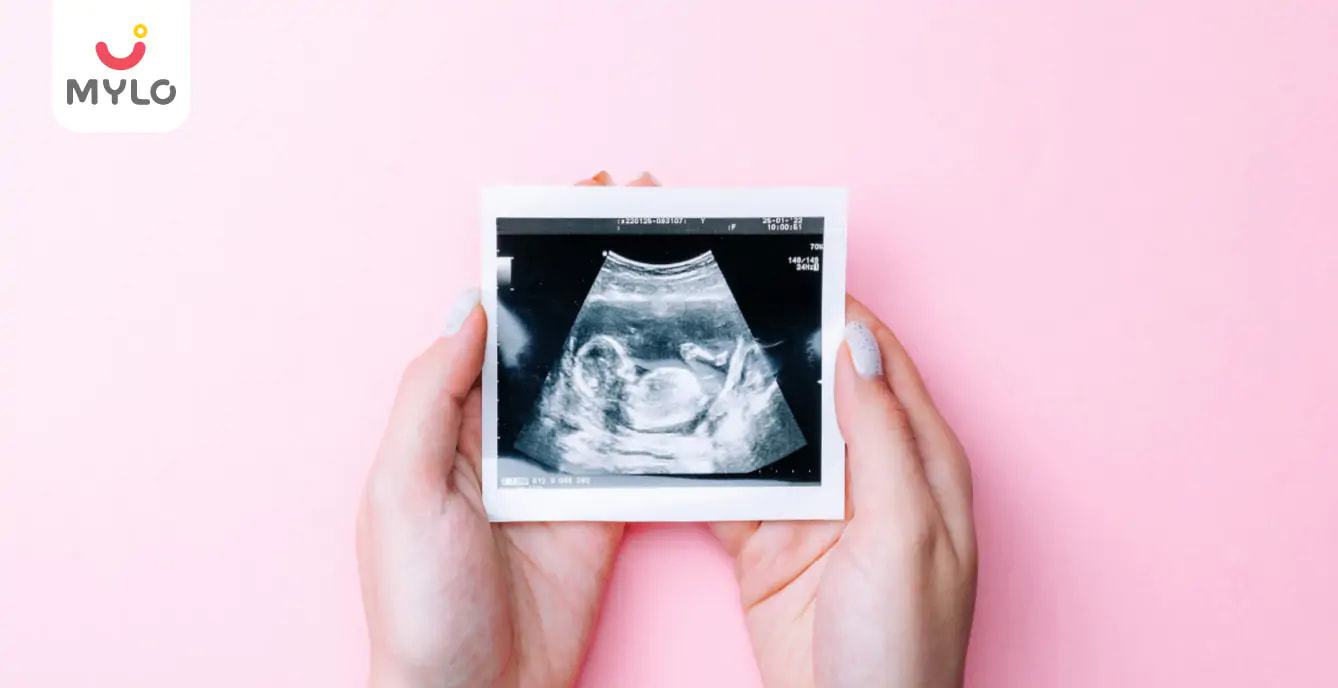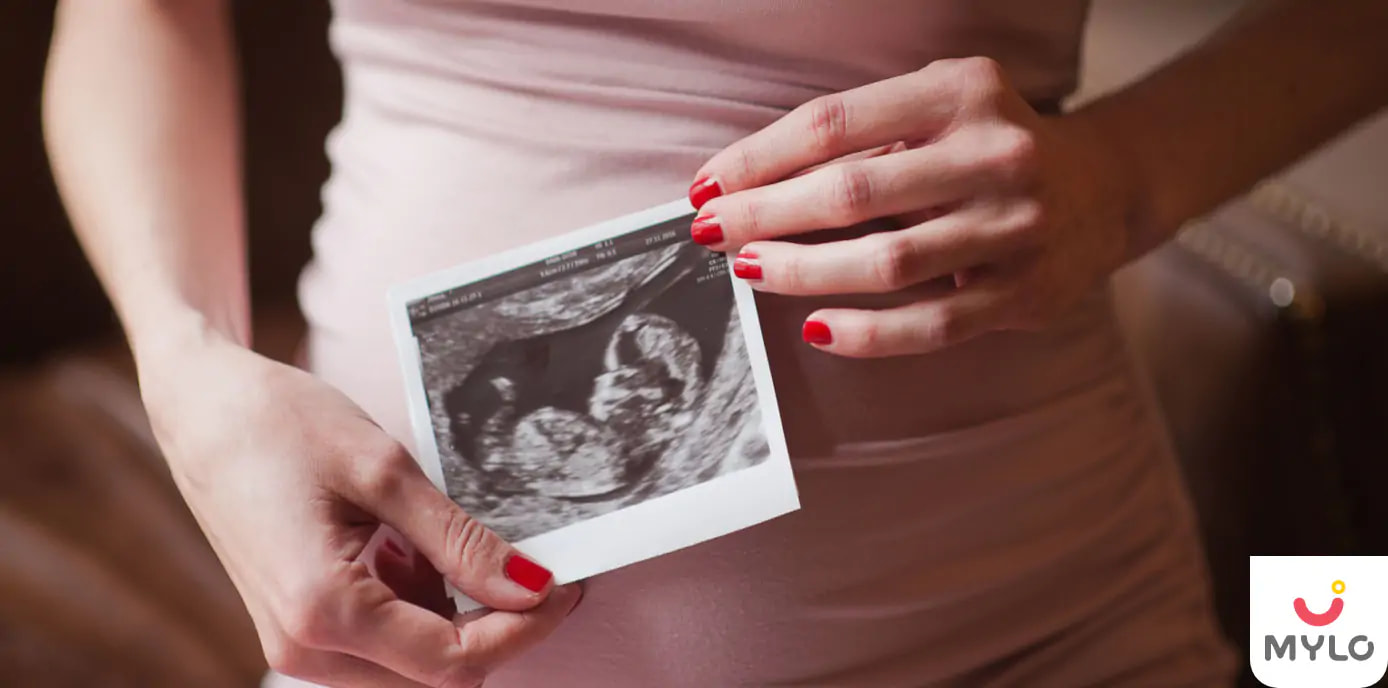Home

Baby Movements

Baby Kicking During Pregnancy: Unveiling the Wonders of Quickening in Pregnancy
In this Article

Baby Movements
Baby Kicking During Pregnancy: Unveiling the Wonders of Quickening in Pregnancy
Updated on 6 July 2023



Medically Reviewed by
Dr. Shruti Tanwar
C-section & gynae problems - MBBS| MS (OBS & Gynae)
View Profile

As an expectant mother, feeling your baby's movements in your womb is one of the most magical experiences you can have. That first flutter, the first kick, the first roll - each one is a reminder that you are growing a tiny human being inside you. But have you ever wondered when does baby kicking during pregnancy start, what those movements mean, and why they happen?
In this article, we'll delve into the mysteries of baby kicks during pregnancy, exploring everything from when you can first expect to feel those flutters to what they might be telling you about your developing baby. So, sit back, relax, and get ready to discover the wonders of quickening in pregnancy.
What is Quickening and When Does It Occur?
Quickening is the term used to describe the first sensations of fetal movement during pregnancy. It is an exciting milestone for expectant mothers as it signifies the presence of life growing within. The timing of quickening varies from woman to woman, but it typically occurs between the 18th and 25th week of pregnancy. For some mothers, it may happen earlier, around the 16th week, while others may feel it later, around the 26th week.
Quickening holds great significance in a pregnancy journey. It serves as tangible confirmation that the baby is developing and thriving. The initial flutters and gentle movements bring immense joy and a deep sense of connection between the mother and the unborn child. As the pregnancy progresses, these movements become more pronounced, providing reassurance that the baby is growing strong.
Furthermore, quickening also plays a crucial role in monitoring the baby's health. It serves as a vital sign that the baby is active and responsive. Absence or decrease in fetal movement can indicate potential problems and should be promptly addressed by a healthcare provider.
You may also like: Why You Are Feeling Baby Movement in Lower Abdomen?
What Does Normal Fetal Movement Feel Like?
Fetal movement goes through different stages during pregnancy. Usually, mothers feel flutters, bubbles or twinges during quickening, which can often feel like gas. These early movements are often subtle and easily mistaken for gastrointestinal sensations.
As the baby grows, the movements become more distinct and vigorous. Kicks, punches, and rolls become more noticeable, creating a delightful dance of life within the mother's belly. The baby's sleep-wake cycles also become more apparent, with periods of heightened activity followed by moments of tranquility.
With time these movements become more prominent, and mothers can differentiate between gas and quickening. As the baby grows, you will start feeling frantic jerky fetal movements as the baby does not have enough room to move around. These movements are much more pronounced as the pregnancy progresses and women report rapid fetal movement in the third trimester.
When are You More Likely to Experience Fetal Movement?
Here are some situations when you're more likely to experience baby kicking during pregnancy:
- Mothers may feel increased fetal movement at night as the baby rests during the morning and the afternoon.
- After a meal, you may feel your baby kicking more. The gush in blood sugar inside the body results in frantic jerky fetal movements.
- While you feel low or nervous, it is easy to recognize the baby's movement clearly as your body will be in an undisturbed position.
- When you aren't moving for long and when they want you to react to your decreasing sugar levels in the blood.
- When you are laughing out loud, listening to music, or even talking to them - Awe!
- Lie down on your left and he/she will respond to it.
- Eat a snack that's healthy or has a juice and watches them respond to your blood sugar levels.
- Sing a lullaby at one point every day and your baby will respond with movements.
- Simply flashlight over your tummy and there you go with another kick!
You may also like: Fetal Growth and Development During Pregnancy
When Should You Start Keeping Fetal Movement Count?
Your doctor will most likely ask you to start counting kicks during the third trimester starting from the 28th week till the end of your pregnancy. You should count kicks twice a day, first in the morning and then during the evening.
Many babies have been saved and pregnancy mishaps averted as the mothers were alert about the baby’s kick counts and rushed to the hospital after noticing changes in kick counts and patterns. As an expecting mom, you should take kick counting seriously and follow your doctor’s advice about it.
Why is Keeping Fetal Kick Counts Important?
Kicking is the most visible sign that the little life inside you is growing properly. That’s why it is very important to count the baby’s kicks during pregnancy. Simply put, kick count is just counting the number of times a baby moves over a given period of time such as one hour. It is a good thing if the fetal kick counts are consistent but the reduced fetal movement is an alarming thing and can be a sign of trouble.
A drop in fetal movement often also points towards a reduction in amniotic fluid or more worryingly a ruptured amniotic sac. Hence, pregnant women are strongly encouraged to monitor their babies so that any potential complication can be detected at the earliest and necessary medical intervention or help is provided.
Regular monitoring of fetal movements by counting kicks becomes even more important as the due date approaches. During the 9th month of pregnancy, women need to count the kicks many times a day.
How to Track Fetal Kick Counts?
Here's a simple kick counting procedure you can follow to keep a track of your baby's movements during pregnancy
- You can start counting your baby kicks once you reach the 28th week as that is when your baby’s arms and legs are well grown. Also, he/she is ready to blow you with an array of movements.
- Remember to track kicks during the same time of the day. You must analyze the time of the day when you think your baby is active. Do not choose a time when he/she rests and then go panicky as there won't be any kicks when the little one is resting!
- Usually, the baby kicks 3 times in 30 minutes or 10 times in an hour. If it doesn't reach 10 counts in an hour or two, you needn't panic. Just have a snack or juice and take note again. It will help. If you don't seem to feel any signs of movement, then it is advised to evaluate under the doctor’s guidance.
- Also, follow this routine while you are seated in a very comfortable position lying to your left or sitting. Avoid multitasking while you are counting your baby’s kicks as that might distract and let you lose count.
- Even mild movements like stretching, breathing, and turning are considered kicks.
The general rule of thumb is - Not all babies kick the same way! Each one differs.
Things to remember
- If you find any change in the normal fetal movement, ensure you report it to your doctor immediately.
- One baby’s kicks needn't necessarily be similar to that of the other. Even the same mother will have two different kick patterns for two different babies being delivered at two different points of time.
- Observe the kick timings and movements as to when he/she is active and at rest. Follow the same.
- Your baby must improve in movements as days go by rather than decreased fetal movement.
A matter of concern
When you realize that the kick counts timings are changing swiftly from one kick to another or if you feel something suspicious within, report immediately to the concerned. Also, if you find no response from your baby for long hours, he/she might not be provided with enough oxygen supply. So, consult the doctor and treat it immediately.
Closing Thoughts
In conclusion, feeling your baby kicking during pregnancy is one of the most magical and unforgettable experiences a woman can have. It is a sign of a healthy pregnancy and a strong bond between mother and child. As we have explored in this article, the science behind quickening is fascinating and provides insight into the development of the fetus. However, the emotional impact of feeling those little kicks and flutters cannot be measured. So cherish those moments, and revel in the wonder of new life growing inside you.
References
- Bryant, J; Jamil, R.T; Thistle, J. (2022). Fetal Movement. NCBO
- Stanford Medicine Children's Health. Fetal Movement Counting. Stanfordchildrens
- Van Dongen LG, Goudie EG. Fetal movement patterns in the first trimester of pregnancy. NCBI
Trending Articles
what is postpartum depression | how to increase breast milk in one day | vagina after delivery | weight loss reasons
Popular Articles
how to stop postpartum bleeding faster | how to grow baby hair faster | pica in pregnancy | milk bath baby





Medically Reviewed by
Dr. Shruti Tanwar
C-section & gynae problems - MBBS| MS (OBS & Gynae)
View Profile


Written by
Ravish Goyal
Official account of Mylo Editor
Read MoreGet baby's diet chart, and growth tips

Related Articles
RECENTLY PUBLISHED ARTICLES
our most recent articles
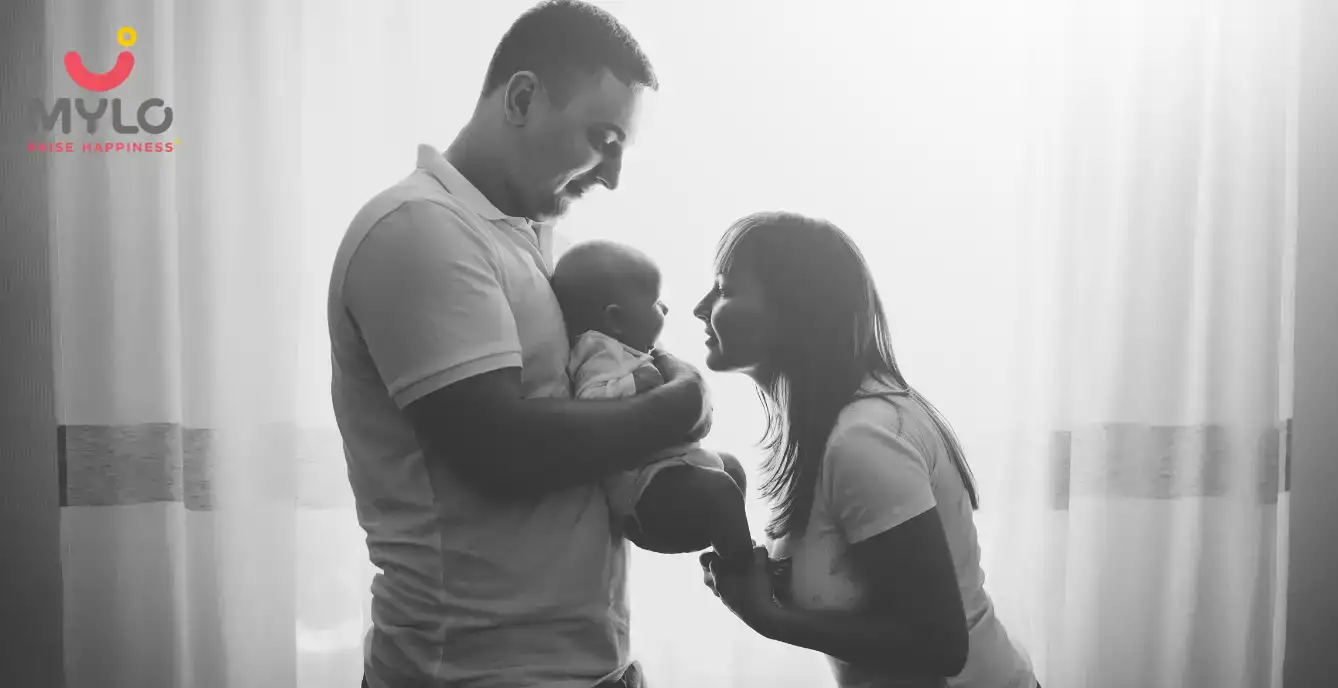
General Father
Daddy duties: Here's your guide to fatherhood
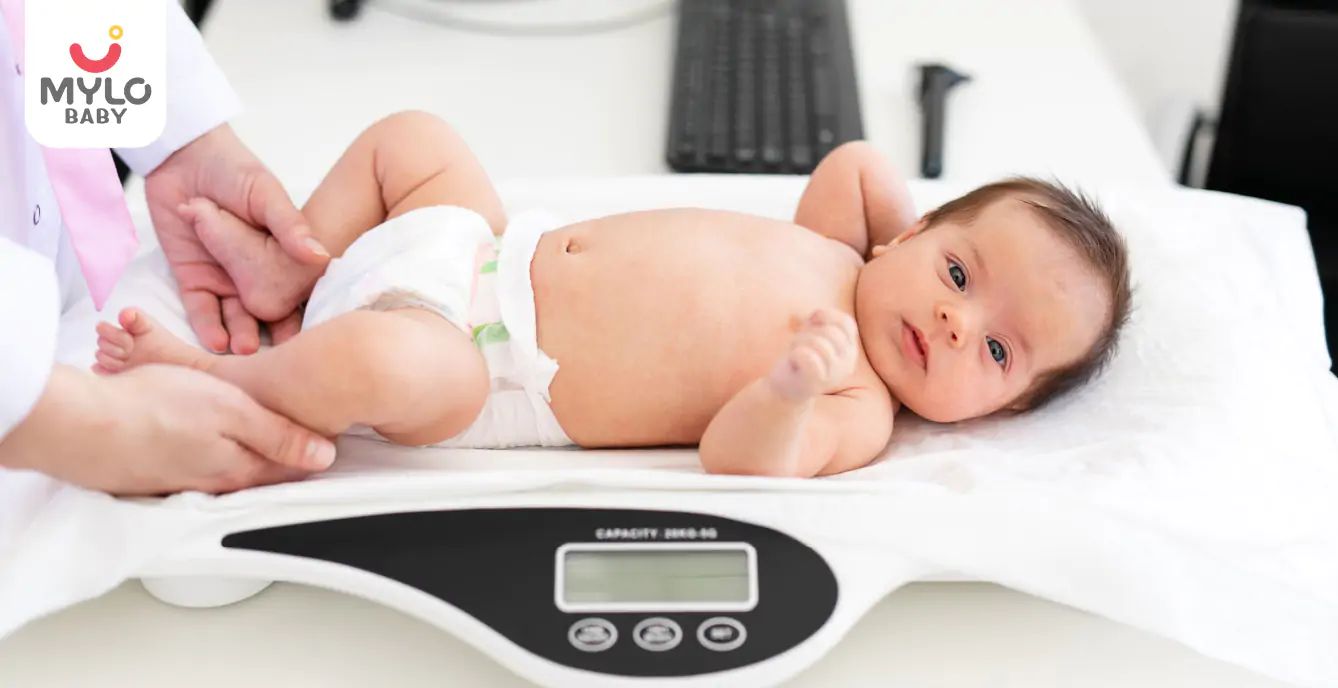
Milestones
Four-weeks old baby: Health, growth, care and more

Mylo Cloth Diapers
Baby cloth diapers by Mylo
Potty Training
When to begin toilet training your child

General Father
Are you a first time dad & scared? Here's some help

Care for Baby
Is your baby 3 months old now? Here's how to set-up a perfect sleep and feeding schedule for your little one?
- Painful Nipples During Breastfeeding: A Step-by-Step Approach for Managing Discomfort
- How to Manage and Alleviate Round Ligament Pain During Pregnancy?
- FSH LH Prolactin Test: What This Group of Tests Can Tell You About Your Fertility
- Why Berbitol is the Missing Piece in Your Supplement Stack
- Top 10 Action Movies to Watch on Netflix in 2023
- Foods to Avoid After Embryo Transfer & Other Precautions to Boost Your Chances
- Semen Analysis: A Comprehensive Look at Male Reproductive Health
- Understanding Premature Ejaculation: Causes, Symptoms, and Treatment Options
- Gokshura: The Ancient Ayurvedic Remedy for Optimal Sexual Health and Wellness
- Retrograde Ejaculation: Unraveling the Mystery Behind This Uncommon Sexual Dysfunction
- Fertisure F: The Key to Unlocking Your Fertility Potential & Chances of Conception
- Here's everything you need to know if you want to give potty training to your infant or try Elimination Communication.
- Top 4 Kinds of Infertility Treatments to Cure Male Infertility
- Sleeping positions during pregnancy


AWARDS AND RECOGNITION

Mylo wins Forbes D2C Disruptor award

Mylo wins The Economic Times Promising Brands 2022
AS SEEN IN

- Mylo Care: Effective and science-backed personal care and wellness solutions for a joyful you.
- Mylo Baby: Science-backed, gentle and effective personal care & hygiene range for your little one.
- Mylo Community: Trusted and empathetic community of 10mn+ parents and experts.
Product Categories
Baby Carrier | Baby Soap | Baby Wipes | Stretch Marks Cream | Baby Cream | Baby Shampoo | Baby Massage Oil | Baby Hair Oil | Stretch Marks Oil | Baby Body Wash | Baby Powder | Baby Lotion | Diaper Rash Cream | Newborn Diapers | Teether | Baby Kajal | Baby Diapers Pants | Cloth Diapers | Laundry Detergent | Lactation Granules |




